Handbook of Hinduism: Ancient to Contemporary
Hinduism is much misunderstood, not only by non-Hindus but also by Hindus themselves. It has been tried to be defined in terms of rules of purity and pollution, caste hierarchy, Brahminism, idolatry, ritualism, cow-worship, other-worldliness and amorality! That is, anything which Hinduism is not. Some have even doubts if it is a religion at all!
This book has, therefore, taken upon itself the task of clearing such doubts and misunderstandings. It explains in Part I what really Hinduism is and what it is not. It involves an exposition of the concept of the Divine and Its relation to the world and the Self, and related Saadhanaa - ways of realizing the Divine as per Hinduism. Hinduism insists on being truthful, compassionate and generous, irrespective of whether one is interested in Saadhanaa. Hence there is a separate chapter on the moral philosophy of Hinduism. Among other things, it goes into social engagement and environmental sensitivity of Hinduism. The book then explains why Hinduism is neither Brahminism nor caste system. With due documentation, it shows that Hinduism is actually opposed to the caste system and its hierarchy.
In Part II, which is focused on the dynamics of Hinduism, the book explains how Hinduism is not rigid, and how it evolved from the ancient to the contemporary phase, establishing itself as a world religion with a lot to teach in the present troubled times. Though rooted in universal and eternal values like truth and non-violence which Gandhiji declared as the very basis of Hinduism, it is not opposed to introspection, reinterpretations and imbibing good influences from outside, as part of its relentless pursuit of truth. The Vedas and Upanishads did contribute immensely to the rise and richness of Hinduism, but its ethos is not limited by them. The rich expressions of its essence by the poet-saints of the medieval Bhakti Movements and savants of the modern and contemporary phase are as much a part of Hinduism as the Vedas and Upanishads. This book is actually inspired by the ideas and work of eminent leaders of the modern phase like Shri Narayana Guru, Swami Vivekanada and of course Mahatma Gandhi. They showed how Hinduism is characterized throughout its history by its inclusiveness, respect for differences in faiths, celebration of diversity, and openness to reason. If it were not so, India would not have remained a secular democracy.
The book includes shlokas and songs both in original and translation, stories and anecdotes, making it not only authentic but also interesting. It is an avatar of its earlier version, Hinduism-A Gandhian Perspective (2006, 2008). But there is so much new in it that a change in the title and cover-design seemed justified. It is also more comprehensive yet compact and readable.
Contents: Preface. Part I: What is Hinduism and What is Not: 1. Introduction. 2. Theology and Metaphysics of Hinduism. 3. Moral Philosophy of Hinduism. 4. Sadhana in Hinduism. 5. Caste System is not Hinduism. Part II: Dynamics of Hinduism: 6. Dynamics of Hinduism: Continuity and Change. 7. Ancient and Classical Phase. 8. Bhakti Movements. 9. Modern and Contemporary Phase. References. Glossary. Name Index, Subject Index, Index to Shlokas, Songs and Poems.
Get it now and save 10%
BECOME A MEMBER

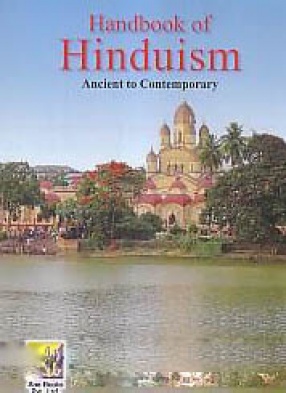
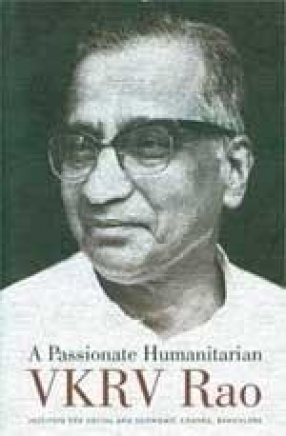
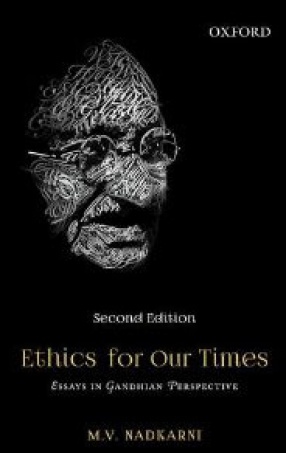
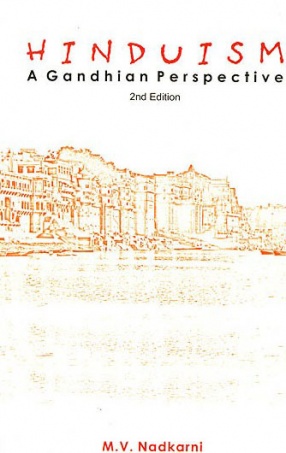


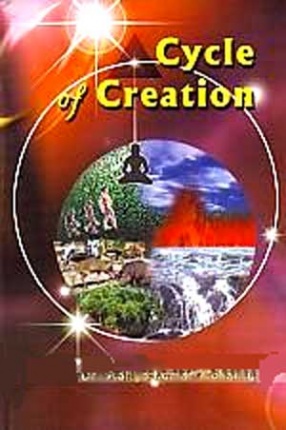
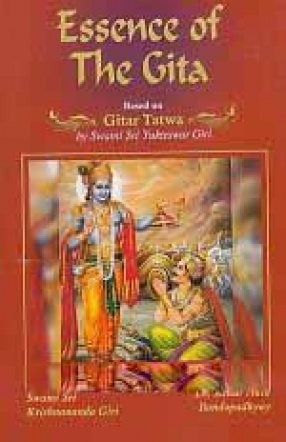

Bibliographic information